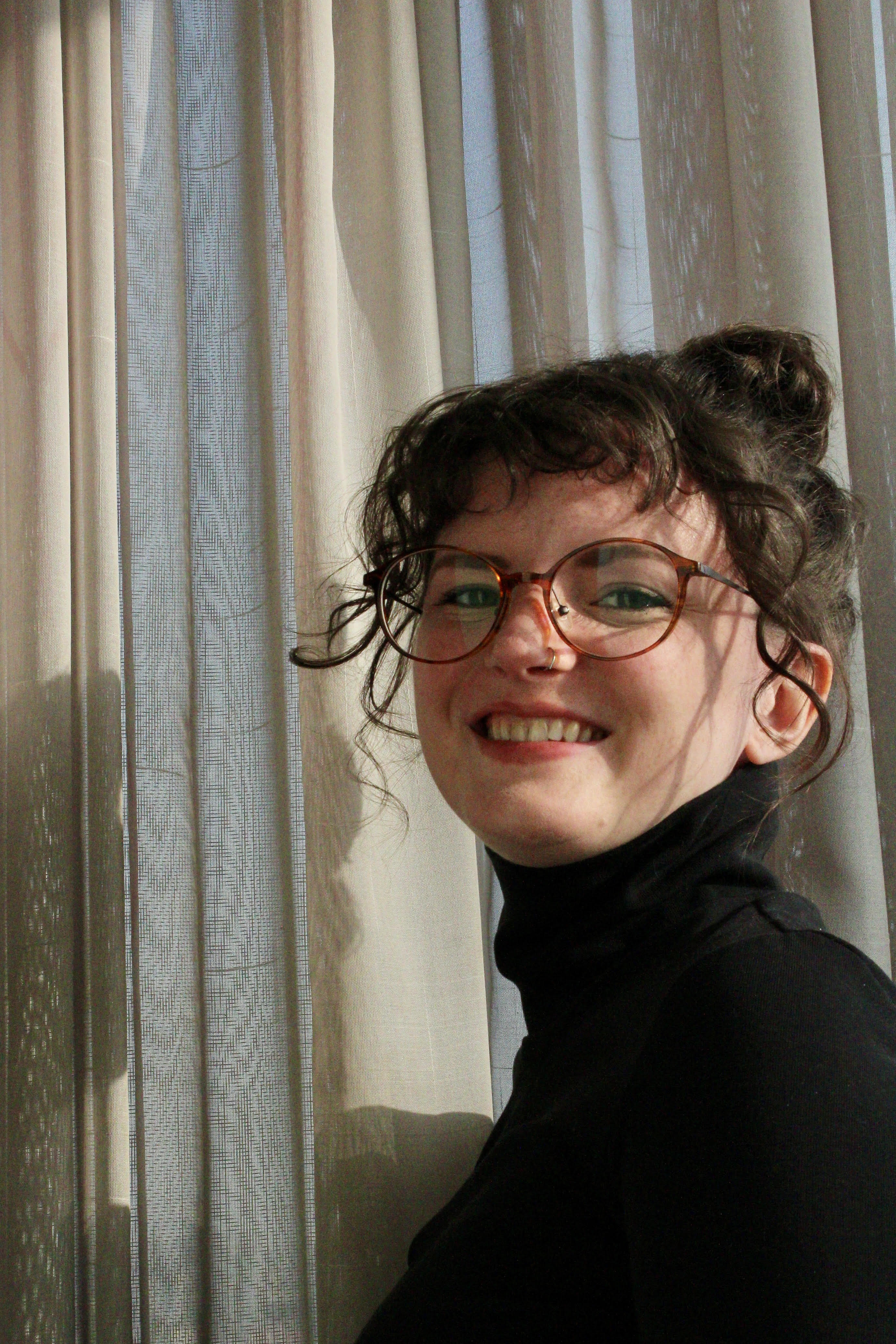
Hanna Pickwell is a sociocultural anthropologist interested in consumption, aesthetics, value(s), ethics, and affect, especially as they take shape in urban China.
Her dissertation explores how variously positioned social actors in Beijing relate to old, used, and outmoded everyday objects, and the efficacies of things in their social worlds. The ethnography engages with secondhand goods vendors, aging neighbors who assembled a public collection of their own outmoded things, and youth who reappropriated discarded junk from the street during the pandemic. This research attends to value transformations at various scales, including relationships with the past and assessments of what is worth keeping, aesthetic judgments of what can count as beautiful, critical creative practices in everyday life, and ethical orientations to the self, others, and the environment in China today.
Pickwell’s research has received support from Fulbright, the Wenner-Gren Foundation, and the China-US Scholars Program. She earned her PhD from the University of Chicago in 2024.

Jay M. Henderson is a sociocultural anthropologist whose research intervenes in disability studies and human/nonhuman interaction by looking at how veterans with PTSD grow to trust their service dogs. “Trust Your Dog: Training Service Dogs for U.S. Veterans with PTSD” is an ethnographic project based in Illinois and Wisconsin with organizations that train and often provide service dogs to veterans at no cost. This project analyzes the tensions between trusting a dog both to be obedient and to defy commands when doing so means assisting their veteran.
Henderson received an BA in Anthropology at Yale University, a MA degree in Cultural Anthropology and Development Sociology from Universiteit Leiden, and a second MA degree in MAPSS at the University of Chicago, where they also went on to complete their PhD. Their research has been funded by the Wenner-Gren Foundation.
During the 2024-2025 academic year, they will teach “Self, Culture, and Society” all three quarters and will teach “Human Rights on the Ground: Ethnographic Perspectives” in the Autumn 2024 quarter.
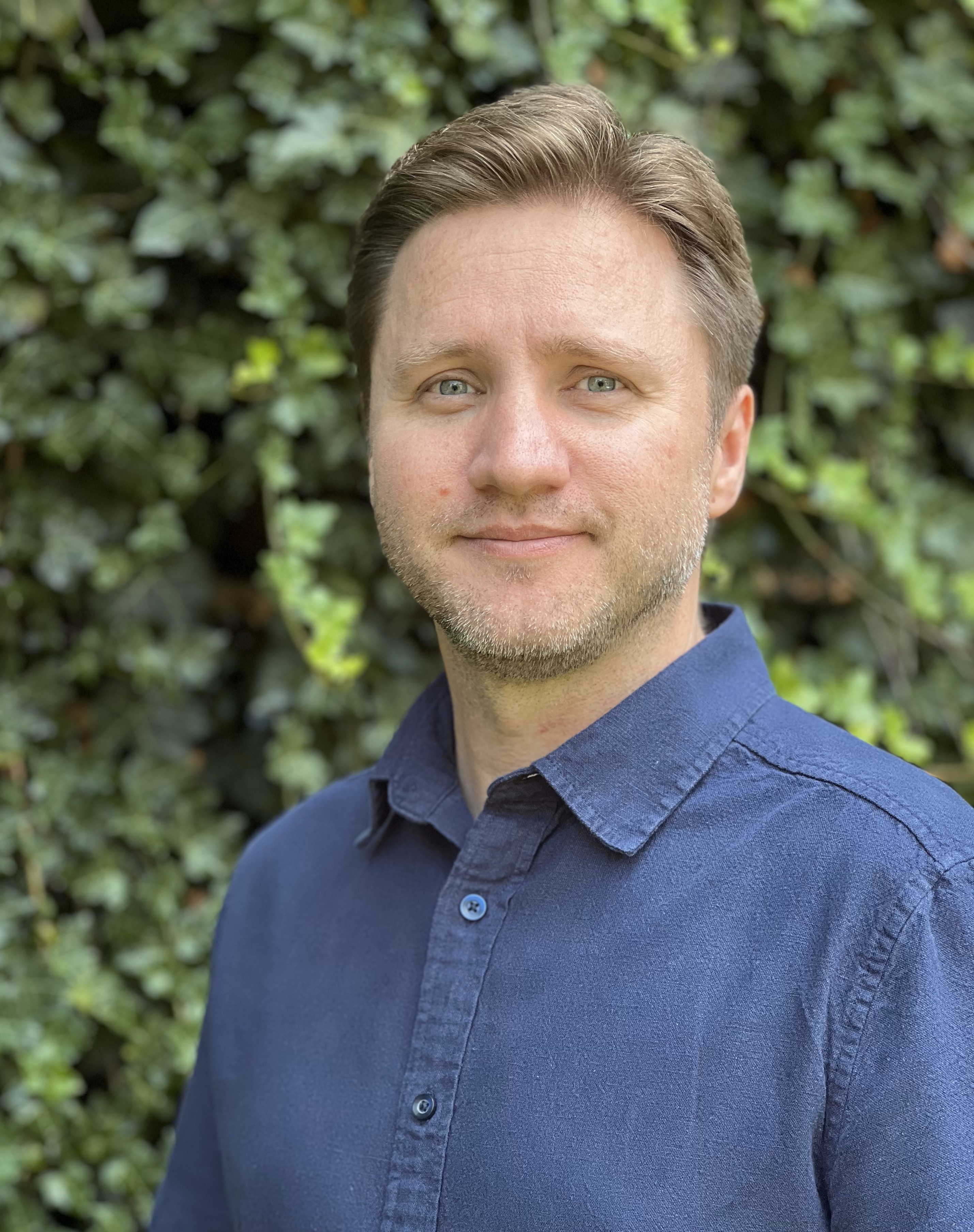
Christopher Bloechl is a linguistic and sociocultural anthropologist whose research investigates semiotics and politics of Indigenous language advocacy in Latin America. He has undertaken ethnographic and linguistic fieldwork among Yucatec Maya speakers in the Yucatán Peninsula and among K’iche’ Maya speakers in highland Guatemala. His current book project explores the interface between professional Yucatec Maya language advocates and everyday speakers of the language by way of media practices. Based on approximately two years of cumulative field research in southern Yucatán, Mexico, the work examines the utilization and effects of mass media as instruments for ethnolinguistic mobilization and language standardization. His second project focuses on private ecotourism ventures in the Mexican Yucatán that formulate Maya language, culture, and identity as commercial products.
Bloechl holds a PhD in Anthropology from the University of Chicago. He previously taught at DePaul University and served as a Digital Project Fellow for the Mesoamerican Language Collection at the University of Chicago’s Regenstein Library. In the 2024–25 academic year, Bloechl will teach courses in the Anthropology Department and in the Self, Culture, and Society course sequence of the Social Sciences Core.
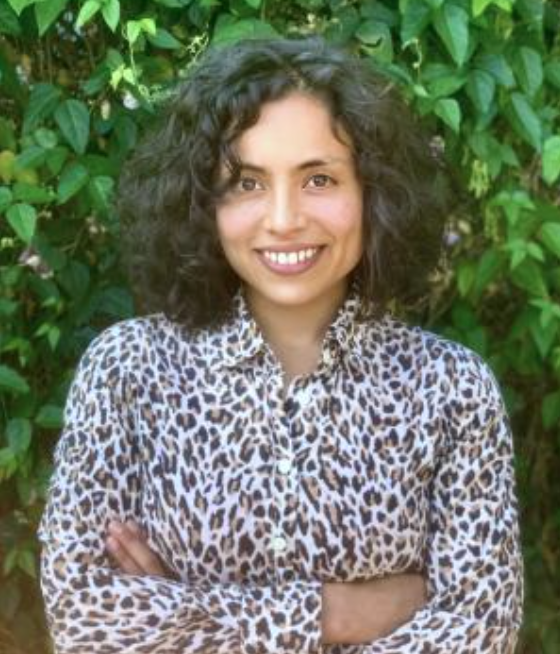
Kamala Russell specializes in linguistic anthropology as well as the anthropology of Islam and the Middle East. Her research focuses on speakers of the Śḥehrēt Modern South Arabian language, located in the Dhofar mountains of the Sultanate of Oman, and she has broader interests in the Arab grammatical tradition, co-speech gesture, psychoanalysis, and the linguistics of contact and change.
Read more about Professor Russell here.

Read more about Professor Marriott here.
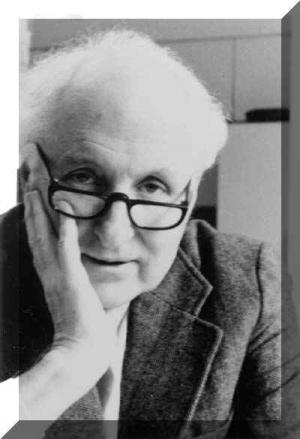
Read more about Professor Fernandez here.
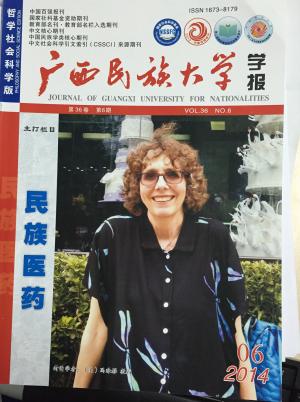
Read more about Professor Farquhar here.
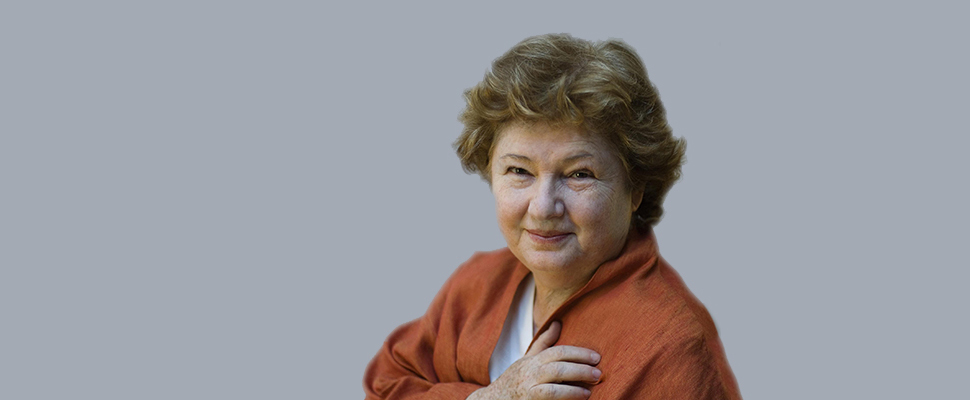
Read more about Professor Carneiro Da Cunha here.

Professor Yao focuses on the impact of the Han Empire's conquest of frontier regions and seeks to explain the variable ways different communities and social classes respond to momentous changes in local history. Read more about her work here.
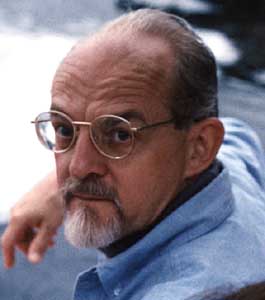
Professor Tuttle has conducted pioneering functional morphological work on apes via electromyography (EMG) and meticulous dissections, leading to the conclusion (recently supported by fossils) that chimpanzees poorly represent the locomotive pattern that underpinned the evolution of human terrestrial bipedalism. He also provided a functional interpretation of the 3.66 million-year-old hominid footprint trails at Laetoli, Tanzania, which has held up well vis-à-vis challenges of other commentators.
Read more about Professor Tuttle here.
